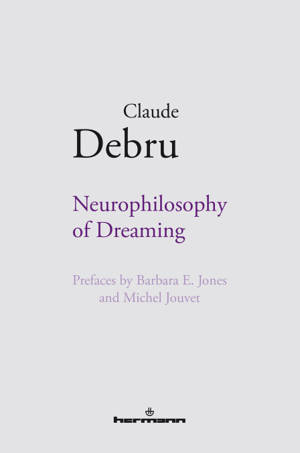
- Retrait gratuit dans votre magasin Club
- 7.000.000 titres dans notre catalogue
- Payer en toute sécurité
- Toujours un magasin près de chez vous
- Retrait gratuit dans votre magasin Club
- 7.000.0000 titres dans notre catalogue
- Payer en toute sécurité
- Toujours un magasin près de chez vous
Description
This book is devoted to a historical reconstruction and to a philosophical interpretation of physiological research on sleep and dreaming during the last sixty years, with emphasis on the new physiology of dreaming. More than a thorough analysis of the scientific developments in various fields of research pertaining to rapid-eye-movement (rem) or paradoxical sleep and dreaming, from neurochemistry and psychophysiology to developmental and evolutionary biology, the book puts emphasis on the progress of ideas about the biochemical mechanisms of sleep, from the rather simple ideas in the sixties about monoaminergic mechanisms, to the crisis of the monoaminergic theory and to the later development of much more complex models of sleep and wakefulness mechanisms. Philosophically speaking, this account raises questions about the relevance of classical concepts of causality in experimental medicine in the case of systems whose complexity level is initially unknown. Another still much debated issue which is dealt with is the equivalence between rem-sleep and dreaming, and the question of mental activity in sleep. Is rem-sleep really the unique physiological basis of dreaming? The author gives also an assessment of several theoretical ideas about the function of rem-sleep, including ideas about the possible role of rem-sleep in the brain’s continuing process of individuality.
Spécifications
Parties prenantes
- Auteur(s) :
- Editeur:
Contenu
- Nombre de pages :
- 356
- Langue:
- Français
Caractéristiques
- EAN:
- 9791037027870
- Date de parution :
- 24-02-17
- Format:
- Ebook
- Protection digitale:
- Adobe DRM
- Format numérique:

Les avis
Nous publions uniquement les avis qui respectent les conditions requises. Consultez nos conditions pour les avis.






